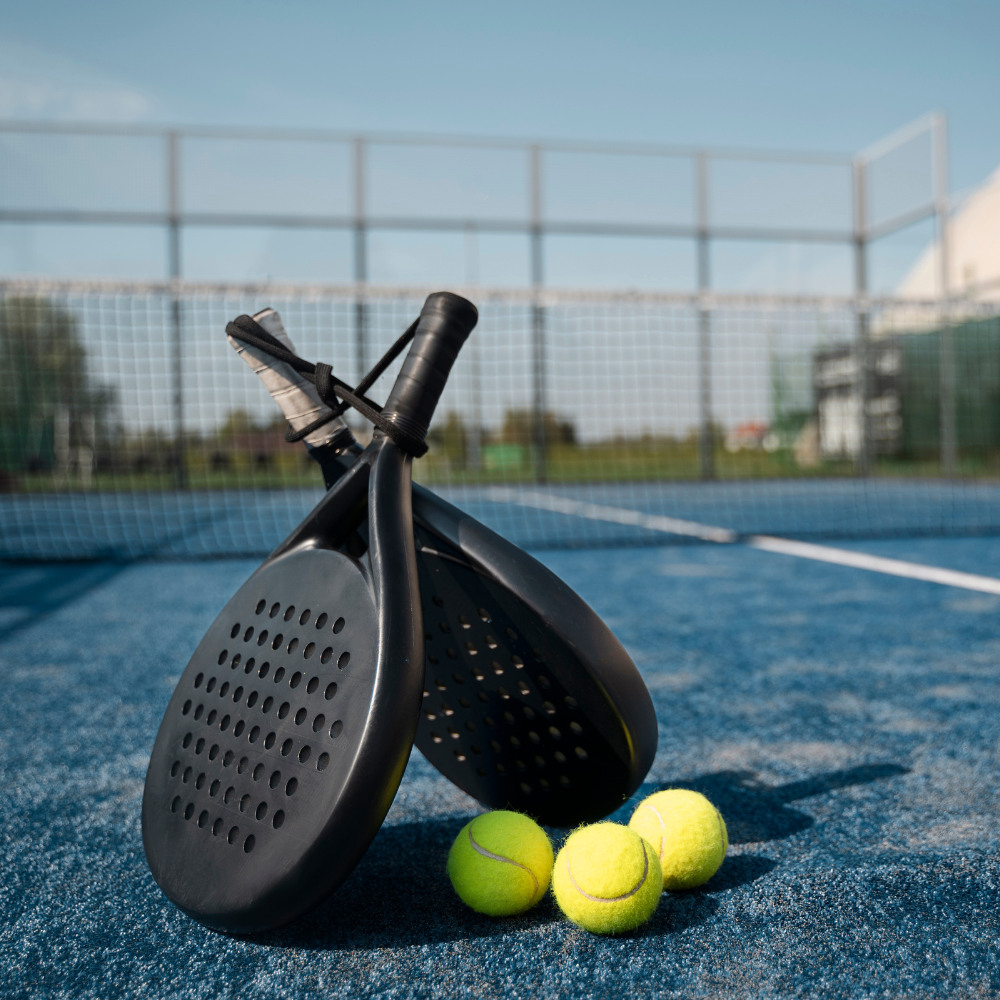PTPA calls for reforms in anti-doping system and legal defense support for athletes
In light of ongoing concerns about fairness in anti-doping procedures, the Professional Tennis Players Association (PTPA) is advocating for reforms that would offer greater support to athletes. The organization, co-founded by Novak Djokovic in 2019, aims to empower players by calling for the Grand Slams, as well as the ATP and WTA Tours, to establish a legal defense fund for athletes facing doping allegations. The PTPA believes such a fund would ensure that financial limitations do not prevent players from accessing high-quality legal representation, which could lead to a fairer and more efficient resolution process.
This call for change has gained momentum following the case of world number one Jannik Sinner, who tested positive for the steroid clostebol twice in March. Sinner was cleared of any fault or negligence by an independent panel, but the World Anti-Doping Agency (WADA) has since appealed the decision, arguing that the ruling was incorrect under applicable anti-doping rules. WADA has requested the Court of Arbitration for Sport (CAS) to overturn the verdict and impose a ban of one to two years on the Italian tennis player.
The PTPA, through its executive director Ahmad Nassar, has argued that athletes like Sinner deserve equal access to a legal defense, regardless of their financial standing. Nassar mentioned that he proposed that the four Grand Slams and the ATP and WTA Tours should fund a legal defense initiative.
Despite these calls for reform, the Grand Slam Board, ATP, and WTA have yet to comment on the PTPA’s proposal. The PTPA was established to advocate for the well-being of players both on and off the court, but it has encountered difficulties gaining influence within the sport’s decision-making bodies.
The Sinner case is not the only example that highlights the need for a fairer process. Nassar also pointed to the case of British tennis player Tara Moore, who was provisionally suspended in May 2022 after testing positive for nandrolone and boldenone. Although Moore was cleared by an independent tribunal in December 2023, she has spent nearly 18 months under suspension and is still awaiting a resolution to the International Tennis Integrity Agency’s (ITIA) appeal against the decision.
Nassar criticized the delays in these cases, noting that players often endure lengthy periods away from the sport, even when they are eventually found not guilty of intentional doping.
WADA’s appeal against Sinner is expected to be processed more swiftly than other cases. The appeal of former world number one Simona Halep, who was suspended after testing positive for the banned substance roxadustat, took around four months to be heard by CAS, with the verdict delivered a month later. However, it was only last Thursday that the full reasoning for Halep’s reduced nine-month suspension was made public, despite her initial four-year ban.
As WADA pushes to prove fault or negligence in Sinner’s case, the tennis world continues to debate the fairness and efficiency of the current anti-doping system. The PTPA remains committed to advocating for reforms that would provide players with the support they need during these challenging processes.










